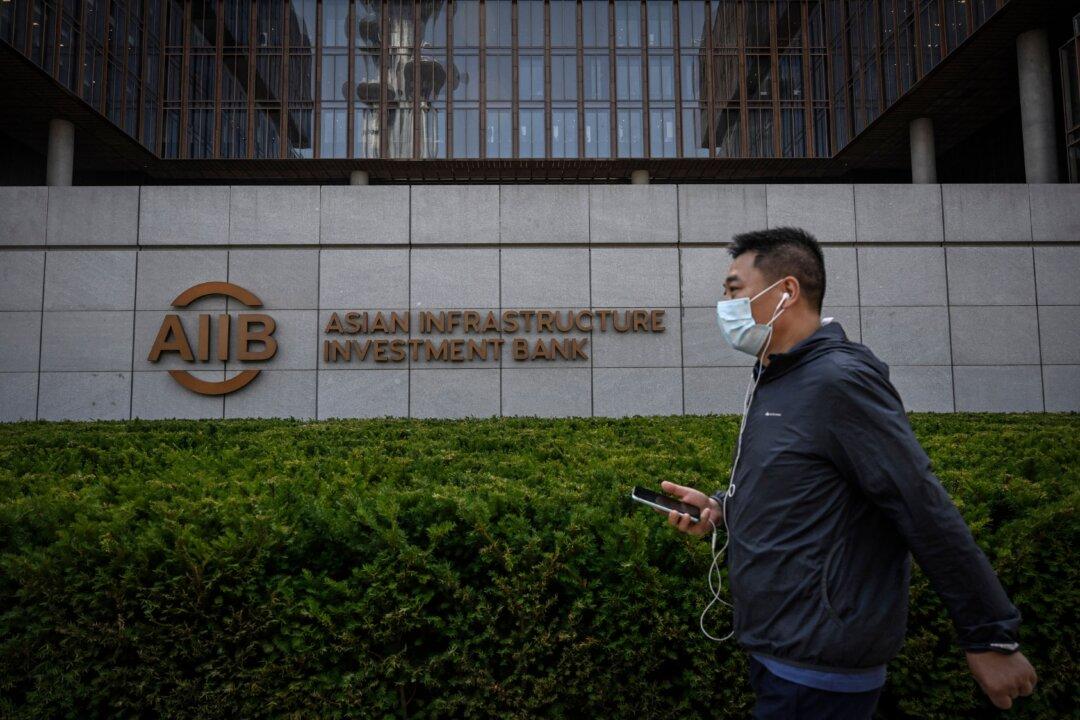Commentary
China’s international development bank, patterned after the Washington-based World Bank, gives Beijing influence over the bank’s 110 member states and anyone else lured by the Chinese Communist Party’s (CCP’s) largesse.

China’s international development bank, patterned after the Washington-based World Bank, gives Beijing influence over the bank’s 110 member states and anyone else lured by the Chinese Communist Party’s (CCP’s) largesse.